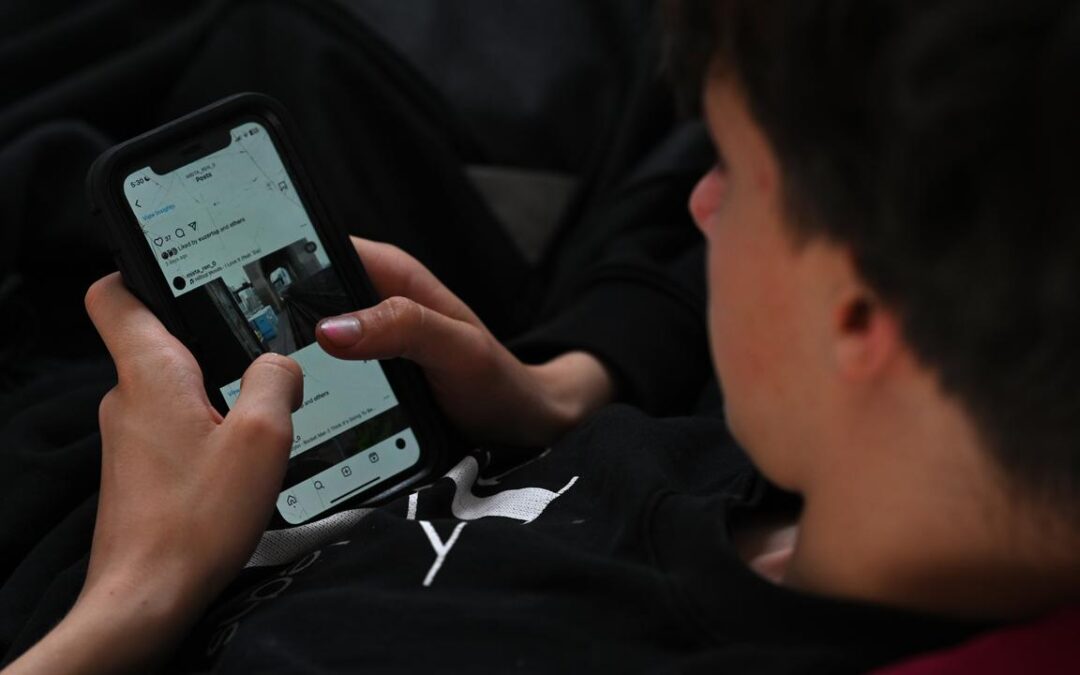
Australia’s social media ban facing court challenge
Australia’s social media ban for children under the age of 16 is facing a High Court challenge.
The world-leading restrictions kick in on December 10, with children set to be booted from platforms including Instagram, Facebook, Snapchat and TikTok.
In a statement on Wednesday, the Digital Freedom Project announced it had launched proceedings in the nation’s highest court in a bid to overturn the laws.
The group will challenge the ban on the grounds it “robs” more than 2.5 million young Australians of their constitutional implied right of political communication.
The Australian constitution does not explicitly protect freedom of speech.
Teens Noah Jones and Macy Neyland, both aged 15, are listed as the plaintiffs.
Digital Freedom Project president and NSW parliamentarian John Ruddick labelled the ban disproportionate, saying it is “a direct assault on young people’s right to freedom of political communication”.
“It is not the government’s role to parent children, it should be up to families to decide when their children are ready for social media,” he said.
“This is the most draconian legislation of its type in the world.

“Even the Chinese Communist Party would be drooling over this.”
The group described the legislation as “grossly excessive”.
Social media companies face fines of up to $49.5 million if they fail to take “reasonable steps” to block young users from the cut-off date.
Platforms must implement age-assurance technology, but the eSafety Commission has not outlined a specific type or method.
Communications Minister Anika Wells has previously said the list would be fluid, meaning more platforms could be added.
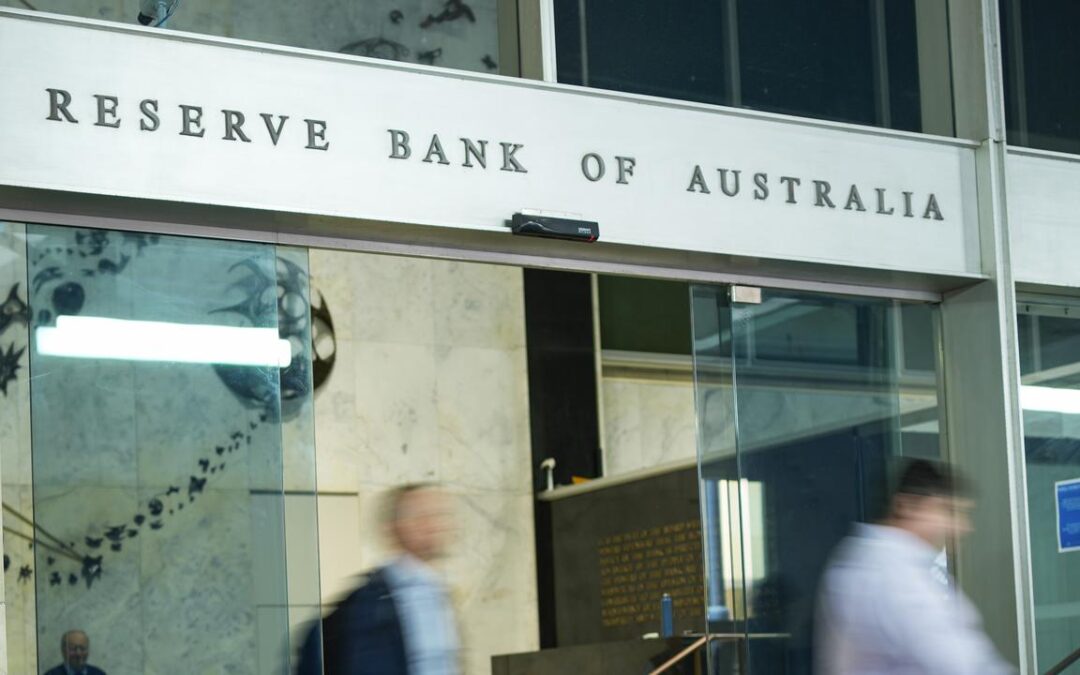
AI could push up the RBA’s neutral interest rate level
Artificial intelligence could push up Australia’s neutral interest rate level, making it harder for the Reserve Bank the lower rates further.
The whereabouts of the neutral rate – the interest rate level that neither slows down nor speeds up the economy – has been a much-debated topic as traders speculate when the central bank will end its easing cycle.
In a speech on Wednesday, the RBA’s head of international department Penelope Smith said while neutral rates around the globe were gradually falling until the COVID-19 pandemic, since then multiple estimates have posited the neutral rate has remained steady or risen.
“Bringing this all together leads to the somewhat unsatisfactory conclusion: there is a lot of uncertainty about where neutral rates are and where they are going,” Dr Smith told the Australian Securitisation Conference in Sydney.
“What we can perhaps conclude, though, is that they have not fallen since the pandemic and may have even risen.”
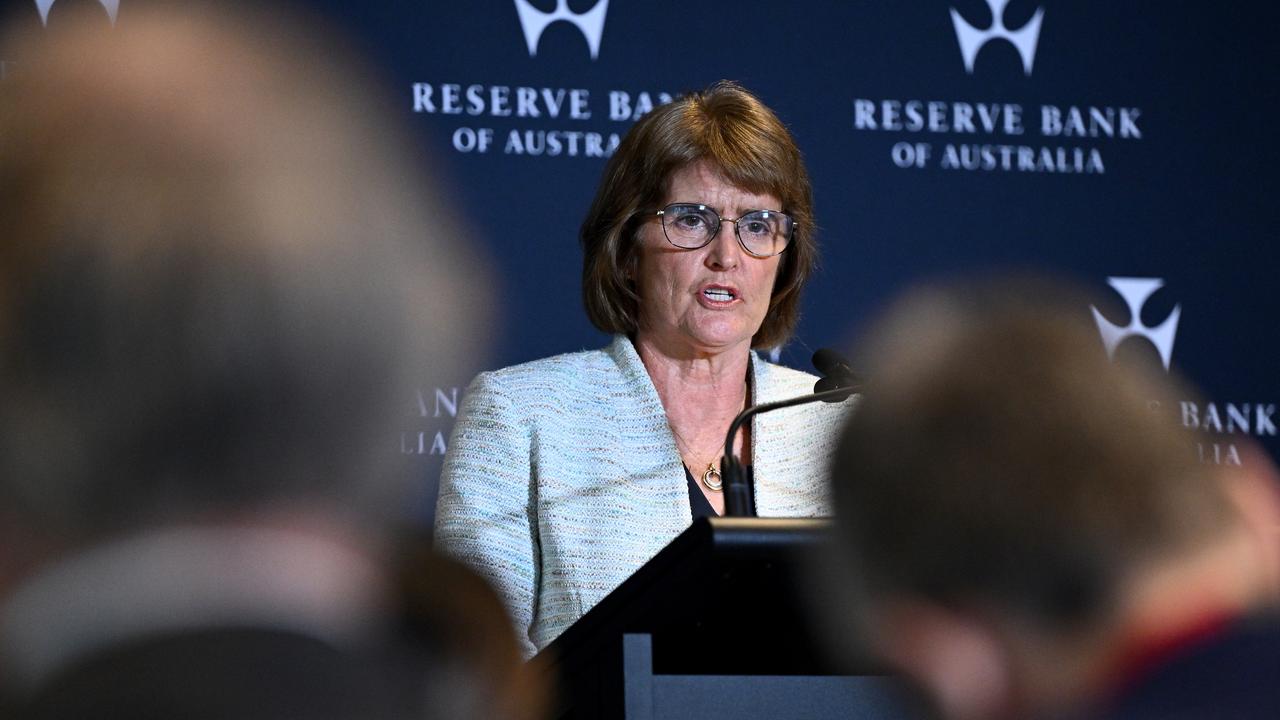
Reserve Bank Governor Michele Bullock has consistently emphasised that the RBA’s assessment of the neutral rate was uncertain.
If you take the midpoint of the RBA’s models for the neutral rate, that would give you a rate of 2.9 per cent.
But Ms Bullock has recently said the current cash rate of 3.6 per cent was close to neutral, if perhaps a little restrictive.
If the neutral rate was higher than previously thought, that would make it more difficult for the terminal rate to go down much further without contributing to inflation.
Dr Smith said AI could drive up the neutral rate, if it resulted in higher productivity growth.
“Factors that could push neutral rates higher include growing fiscal deficits, a decline in the demand for safe assets if there is a loosening of post-crisis regulation, or a sustained increase in productivity growth arising from AI,” she said.
“At the same time, many of the factors that depressed neutral rates before the pandemic have not gone away.
“Despite AI optimism, productivity growth outside the United States has remained weak, and there will be continued population ageing.”
Greater global fragmentation could potentially restrict capital mobility and lower productivity growth, which would pull down the neutral rate, she said.
Despite increasing volatility, asset prices have remained elevated, suggesting investors have placed little weight in the risk of adverse events.
In its biannual check-up on Australia’s financial stability, the RBA warned low asset risk premia could result in a violent repricing in global financial markets if an unexpected shock occurred.
Dr Smith said market optimism around AI was one reason for markets’ ongoing positivity.
A negative reassessment of AI’s potential could result in a disruption to global financial conditions, she said.
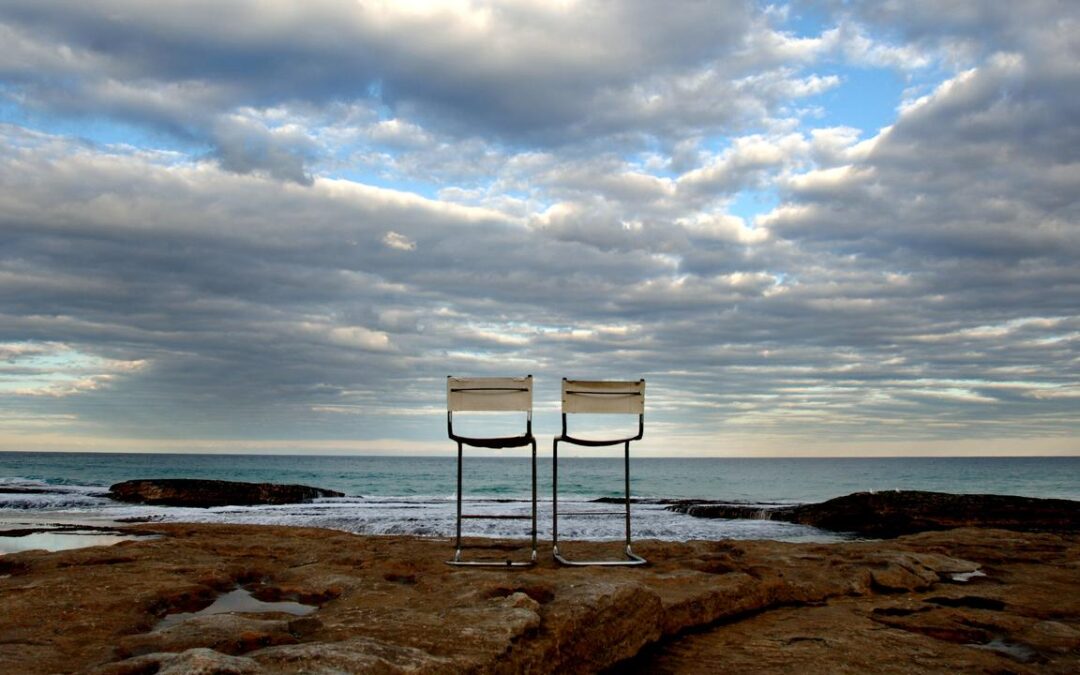
Online retailer stock gets dumped as sales growth slows
Disappointed investors have sent Temple & Webster stock to a seven-month low after the high-profile online furniture and home goods retailer revealed that sales were lower than expected.
Its revenue was up 18 per cent in the period from July 1 to November 20, chief executive Mark Coulter told the company’s annual general meeting on Wednesday.
But RBC Capital Markets analyst Wei-Weng Chen said the consensus expectation was for 23 per cent growth in the first half of this financial year.
Eighteen per cent growth represented a sharp deceleration from the 28 per cent growth Temple & Webster announced in August, Mr Chen noted.
With December typically a quieter month for the company, RBC sees potential risk for further deceleration over the remainder of the half.
Around 11am, TPW shares were down 28.4 per cent to $14.63, the lowest level since early April.
Mr Coulter said that Temple & Webster was making significant market share gains, key leading indicators were trending positively, and the proportion of orders from repeat customers was continuing to increase.
Temple & Webster began shipping to New Zealand in October and the launch was off to a great start, Mr Coulter said, with revenue surpassing six figures and total orders exceeding expectations.
The company posted $601 million in revenue in 2024/25, up 21 per cent year-on-year, and remains on track to achieve its mid-term goal of $1 billion in annual revenue, he said.
The company has a cash position of over $150 million and no debt.
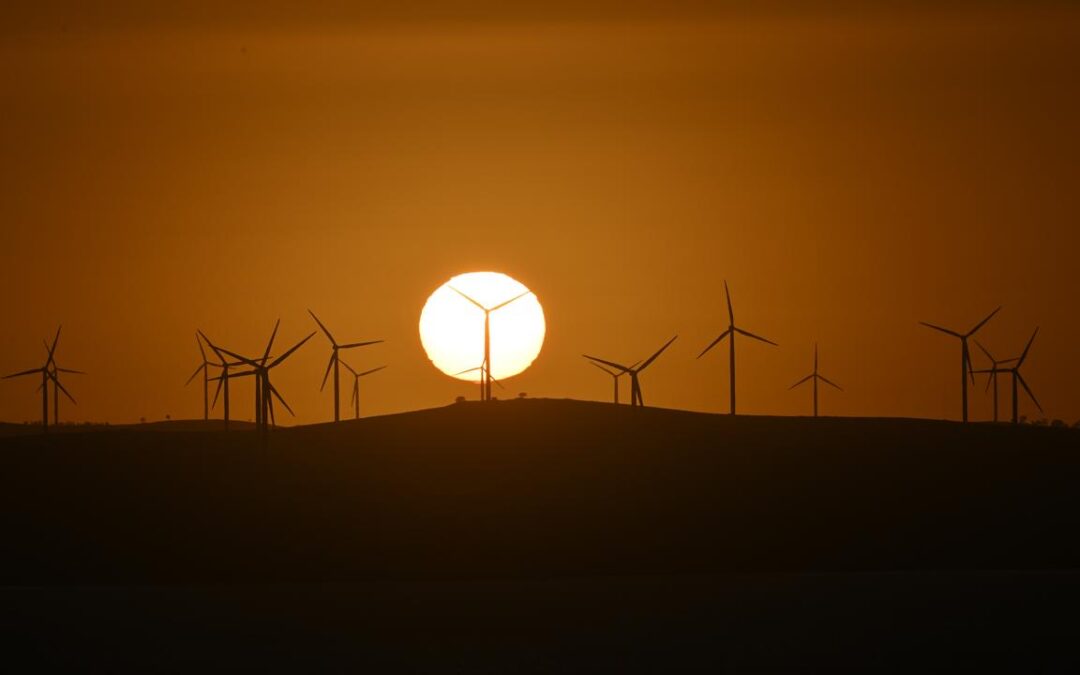
Aussie rare earths darling talking to world governments
The biggest commercial producer of vital minerals used in modern technologies outside of China is ramping up engagement with global governments wary about the Asian giant’s market dominance.
Chair John Humphrey has told shareholders the Perth-based Lynas Rare Earths momentum to develop new opportunities, including an expansion into non-China metal and magnet supply chains, was picking up under its recently announced Towards 2030 strategy.
“Lynas is proud of our position as the market leader in responsibly produced separated rare earths”, he said at an annual general meeting in Sydney on Wednesday.
Lynas, which owns a high-grade, long-life deposit in Mt Weld in Western Australia, has long been defending China’s control of the market and minerals prices, which have been depressed due to strong Chinese supply.
It offers a range of processed rare earths including neodymium-praseodymium, which is used to make magnets for electric vehicles and wind turbines, dysprosium, and terbium.
The rare earths are processed at facilities in Kalgoorlie, which involves cracking and leaching technology, and in Kyantan, Malaysia, where it is ramping up the processing of separated heavy rare earths.
Lynas sells its wares into China but is also working to build clients outside of the Asian giant.
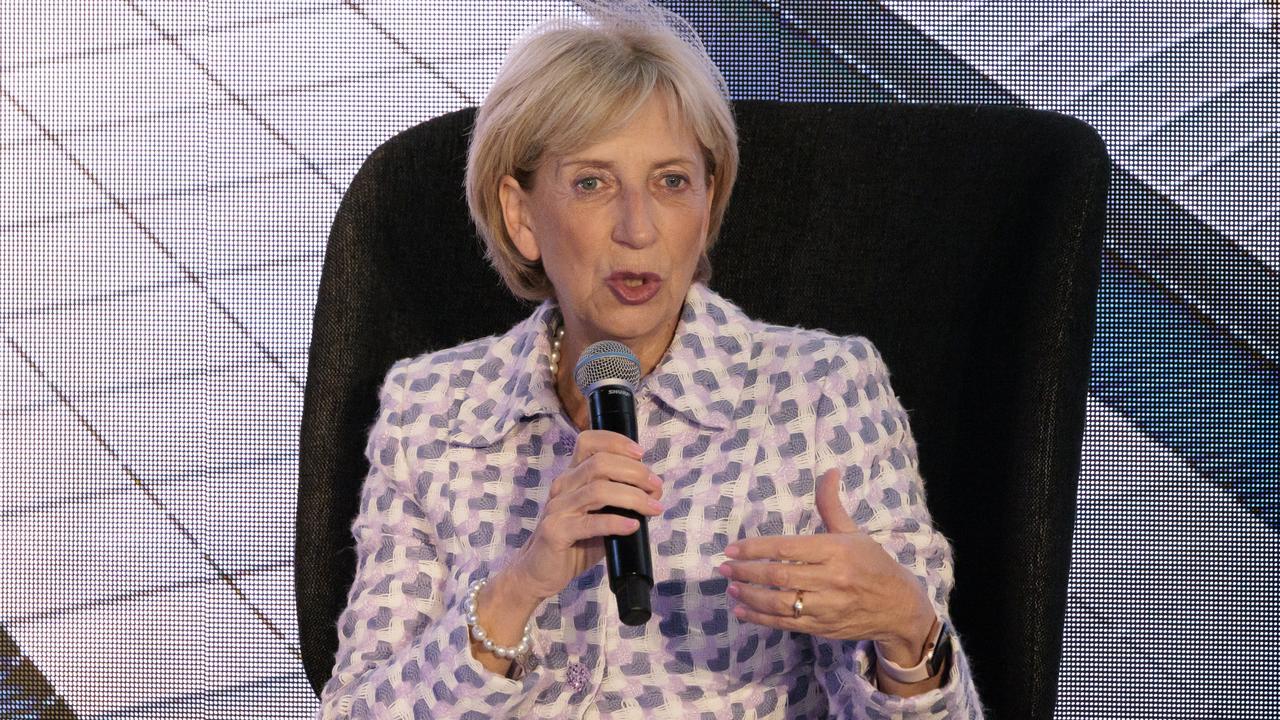
CEO Amanda Lacaze said governments around the world are looking for supply security beyond China and Lynas is continuing to engage with various regimes.
“Governments now understand the importance of rare earths …. and are finally recognising the current market dominated by the Chinese is not healthy,” she told shareholders.
“We are in the best shape ever to take advantage of the opportunities and confident of our head start” against other market contenders outside of China.
Demand for Lynas’ key rare earth – neodymium-praseodymium, which is closely tied to the renewable energy technology era – continues to rise and is expected to double by 2034.
One of its major issues is energy supply reliability at the $800 million plant in Kalgoorlie, which came into focus earlier this week when Lynas warned December quarter production had been cut after recent power blackouts.
It hopes to make up the shortfall into 2026, as talks continue to settle the issue with supplier Western Power.
Lynas shares started the calendar year around $6.50 per share and were trading down 2.5 per cent on Wednesday morning at $14.65 after peaking near $21.60 in mid-October.
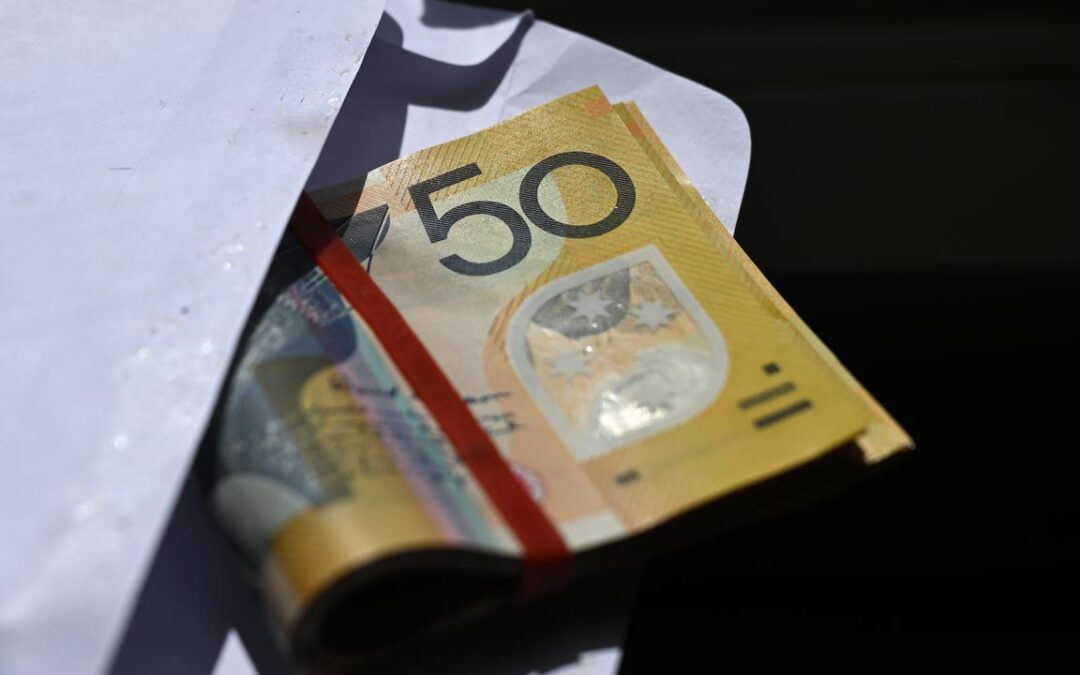
Women don’t know where to turn during ‘pervasive’ abuse
Women who experience economic abuse often don’t know where to turn for help, prompting advocates to call for specialist services to confront the scourge.
Four in five women don’t know where to seek support for economic abuse, according to research by the Centre for Women’s Economic Safety.
The data found just 15 per cent of victim-survivors sought help, but of those almost 45 per cent were unable to access support.
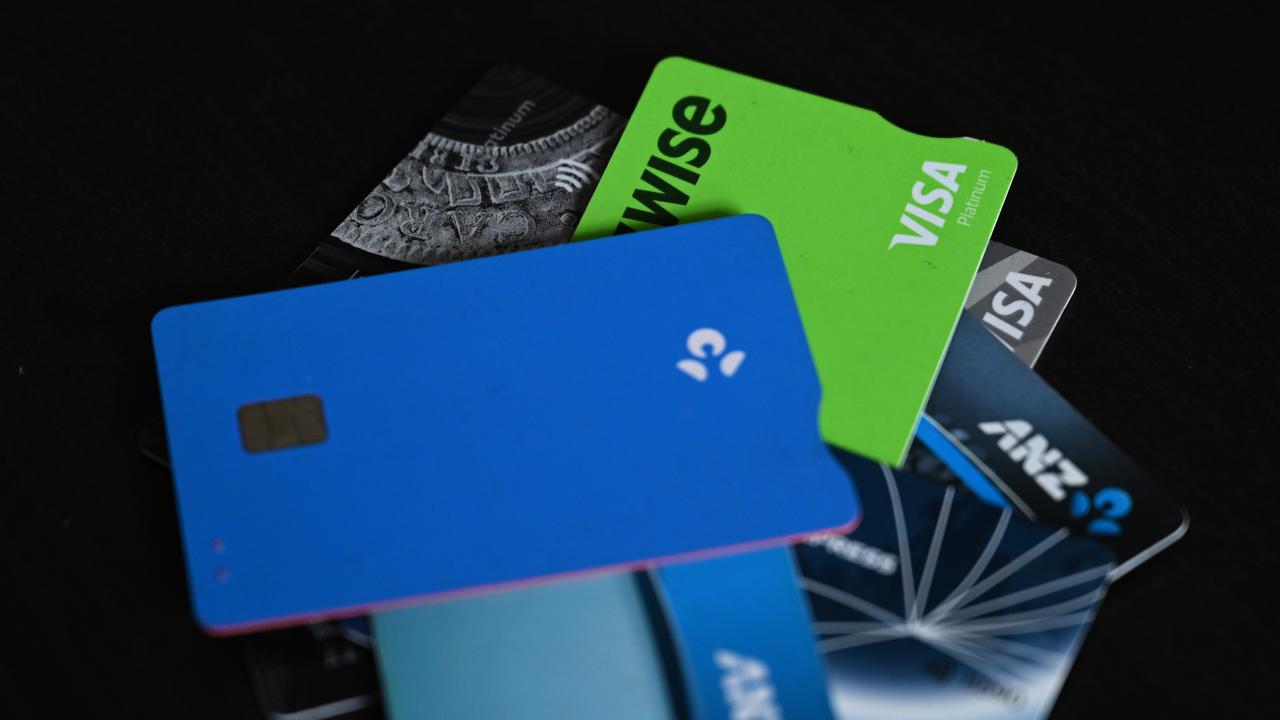
Economic abuse, experienced by one in six women and one in 13 men, occurs when a perpetrator attempts to prevent or control another person’s income, spending, bank accounts or other economic resources, causing emotional harm or fear.
It often precedes physical violence and usually happens alongside other forms of abuse.
Wednesday marks International Economic Abuse Awareness Day and is recognised during the 16 days of activism against gender-based violence marked in November and December.
Economic abuse is pervasive and too often hidden as a form of domestic and family violence, the centre’s founder Rebecca Glenn said.
“It leaves women in precarious financial circumstances and impacts their wellbeing,” she said.
“Despite its prevalence, services that support women experiencing economic abuse are few and far between, meaning many women who seek support are unable to find it.”
Services that are confusing or hard to navigate, safety concerns and lack of access to transport or communication tools are just some of the barriers women face in accessing help.
“The provision of violence and trauma-informed financial counselling, legal services, and social work programs must be tailored to the unique challenges economic abuse presents,” Ms Glenn said.
“This requires investment in the provision of services, and the promotion of services that support women experiencing economic abuse.”
1800 RESPECT (1800 737 732)
Lifeline 13 11 14
Men’s Referral Service 1300 766 491
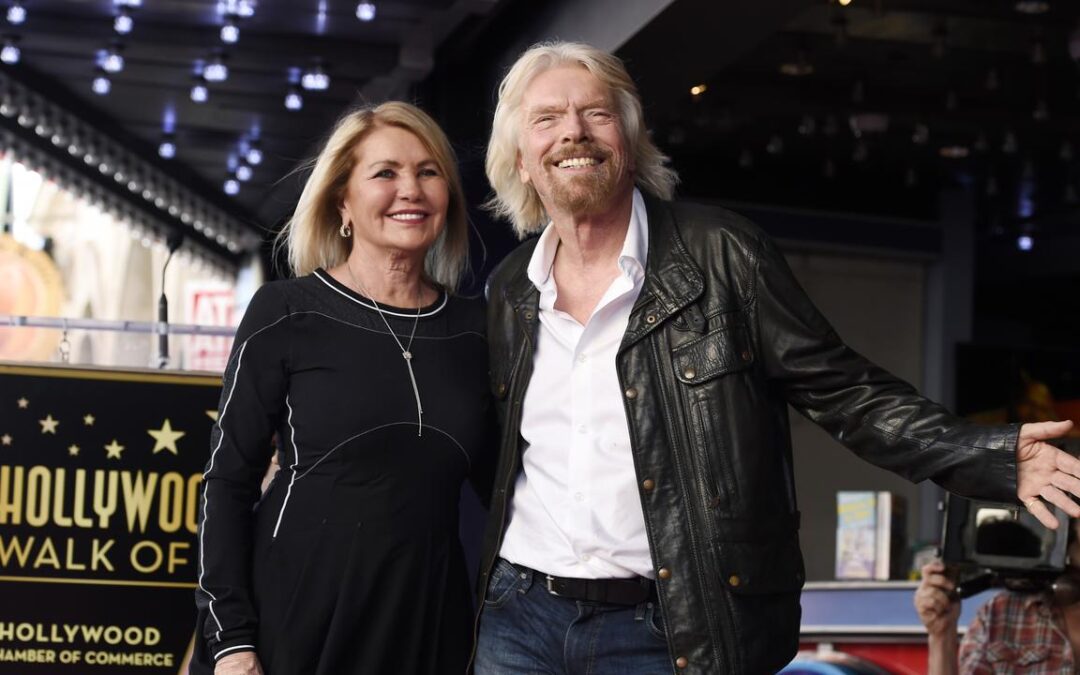
Branson ‘heartbroken’ over death of wife Templeman
Virgin Group founder Richard Branson says he is “heartbroken” as he announced his wife Joan Templeman has died.
The couple married in 1989 and share two children.
Writing on social media, Branson said his wife was his “best friend” and “guiding light”.
The 75-year-old wrote: “Heartbroken to share that Joan, my wife and partner for 50 years, has passed away.
“She was the most wonderful mum and grandmum our kids and grandkids could have ever wished for.
“She was my best friend, my rock, my guiding light, my world.
“Love you forever, Joan x.”
In an article written for the Virgin website celebrating her 70th birthday, the entrepreneur previously said he fell in love with Templeman “from the first moment I saw her” as she worked in a bric-a-brac shop in London’s Westbourne Grove.
Branson recalled he had to “persistently hang around the shop and buy countless objects”, including an old advertising sign, before the pair started to date.
In the piece, the businessman said his wife was a “very private person” who had “always stood by me mentally, emotionally and spiritually”.
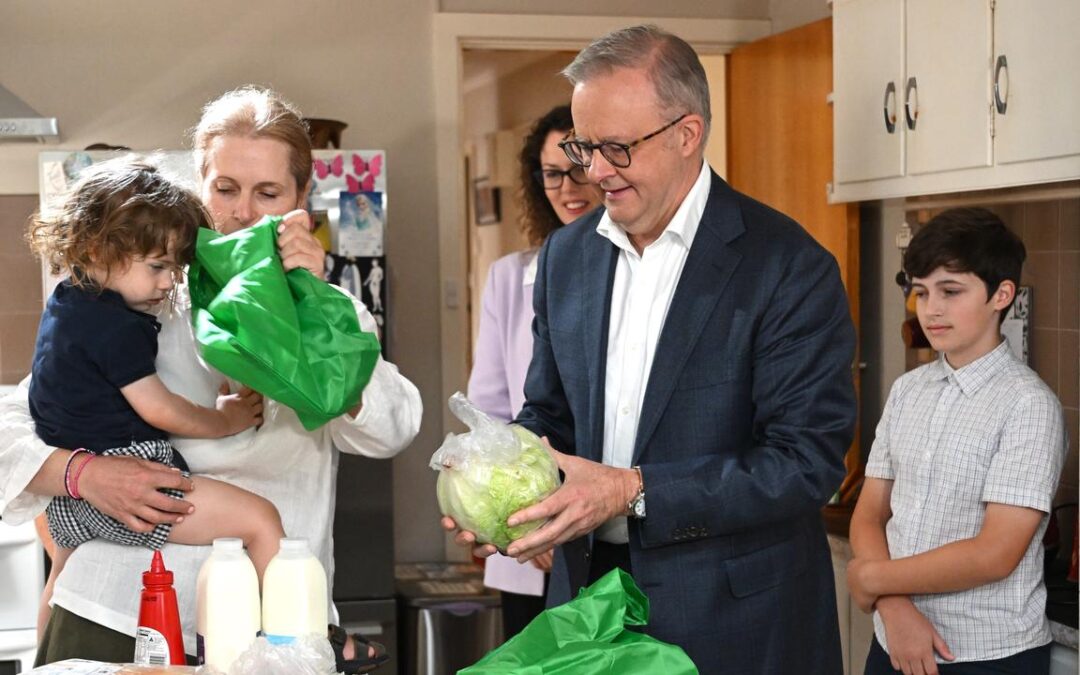
Voters prefer Labor over coalition on key policy front
The coalition has lost its 40-year streak of being preferred over Labor when it comes to managing the economy.
The Australian Election Study, led by Australian National University and Griffith University, shows voters now trust Labor’s approach to economic issues, with the coalition losing its long-held advantage.
The Liberals suffered their lowest rating in the 2025 study, dropping to an average score of 4.2 on a zero to 10 scale of how much people like the party.
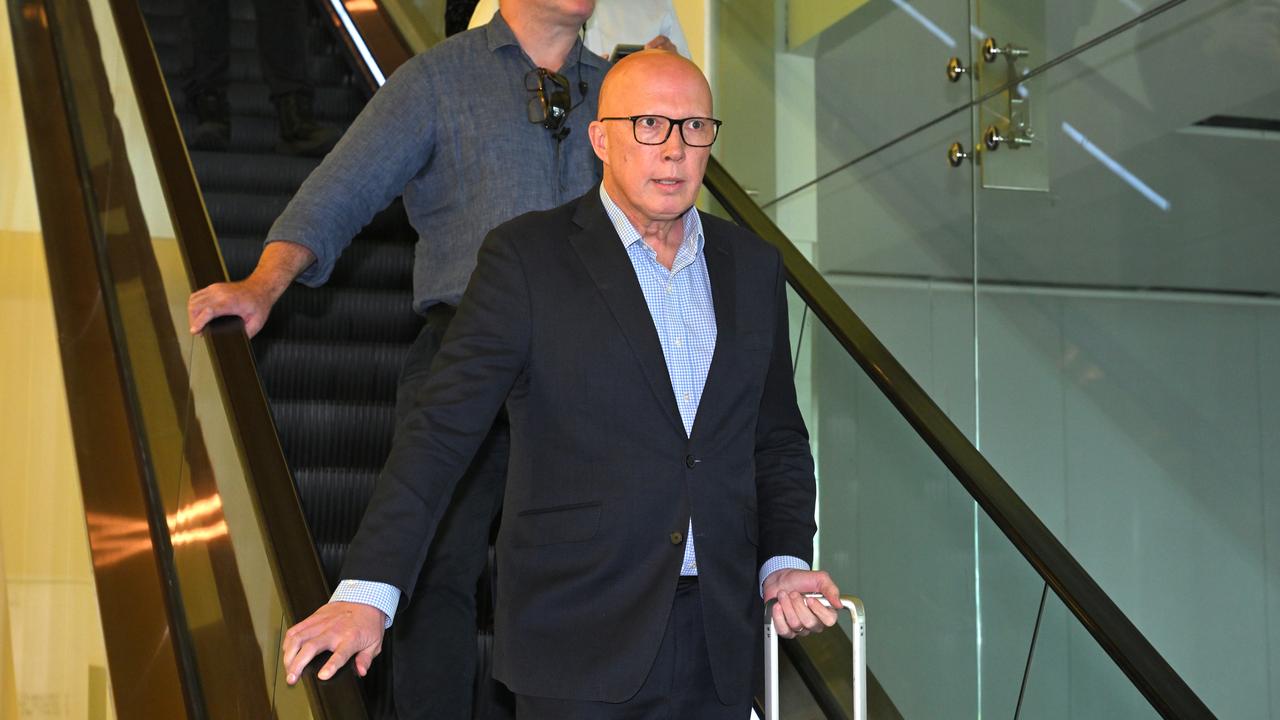
Voters signalled a clear preference for Anthony Albanese as prime minister, with former opposition leader Peter Dutton’s lack of popularity at May’s federal election breaking several records in the study.
“Dutton was the least popular major party leader the study has ever polled,” co-author Ian McAllister said.
“According to voters, the leadership qualities he most lacked were ‘inspiration’, closely followed by ‘compassion’.”
The Australian Election Study has been held after every federal poll since 1987.
The full report on the 2025 election will be released at Parliament House on Wednesday.
The federal election saw the coalition sink to its worst election result, winning just 43 seats in the House of Representatives.
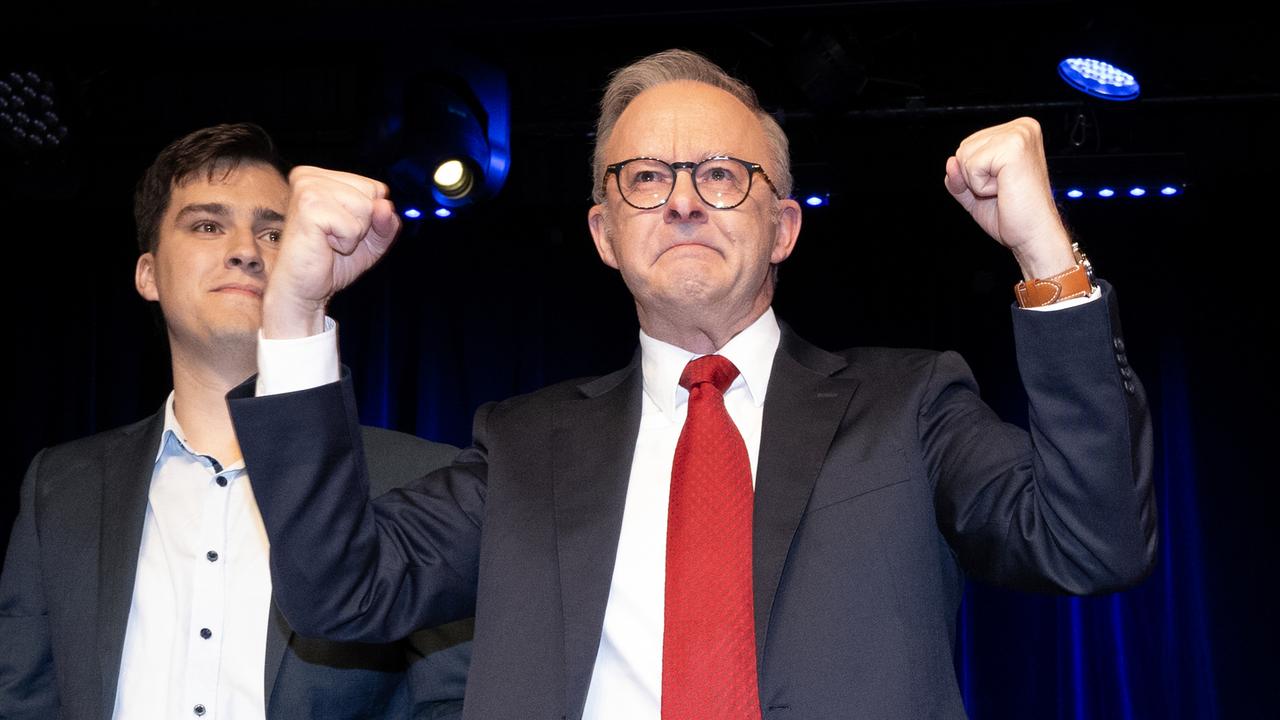
The study’s results show voter volatility continues to rise, with 25 per cent of participants reporting they don’t feel close to any political party.
Co-author Sarah Cameron said the wide gender gap that emerged over the past decade had remained.
“The coalition attracted the lowest share of votes from women on record, with nine per cent fewer women than men voting for the coalition,” Dr Cameron said.
“Conversely, Labor attracts more votes from women than men.
“The gender gap in voting for Labor, at five per cent, is about half the size of the coalition’s.”
There has also been a dramatic drop in confidence in Australia’s relationship with the United States, with 55 per cent of voters saying they trust in the US to come to Australia’s defence, down from 73 per cent in 2022.
The dire results come as the coalition’s primary vote also failed to lift beyond record low levels in the latest Newspoll data, which revealed most voters support Andrew Hastie as preferred opposition leader.
Labor continues to lead the two-party preferred vote by 58-42 per cent.
Opposition treasury spokesman Ted O’Brien will use a keynote address on Wednesday to outline some of the principles of the coalition’s economic policy.
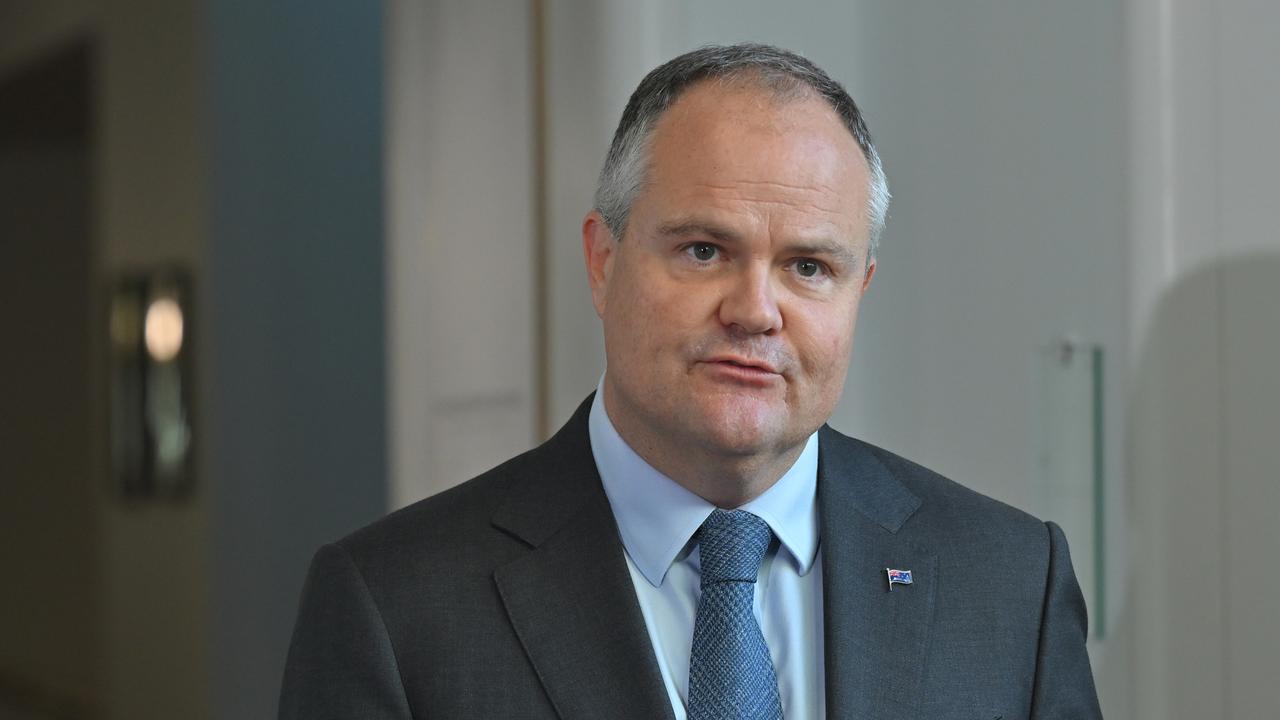
Mr O’Brien will describe a new focus on intergenerational equity and criticise backsliding levels of productivity.
“Today, we are living off the productivity gains of the generations before us,” he will say.
“The generation before you builds your foundation; then you build on it for the next generation. That is the intergenerational compact.
“But that intergenerational compact is breaking.”
He will also use the speech to reiterate the coalition’s promises to cut income taxes and restore a Howard-era measure limiting government spending.
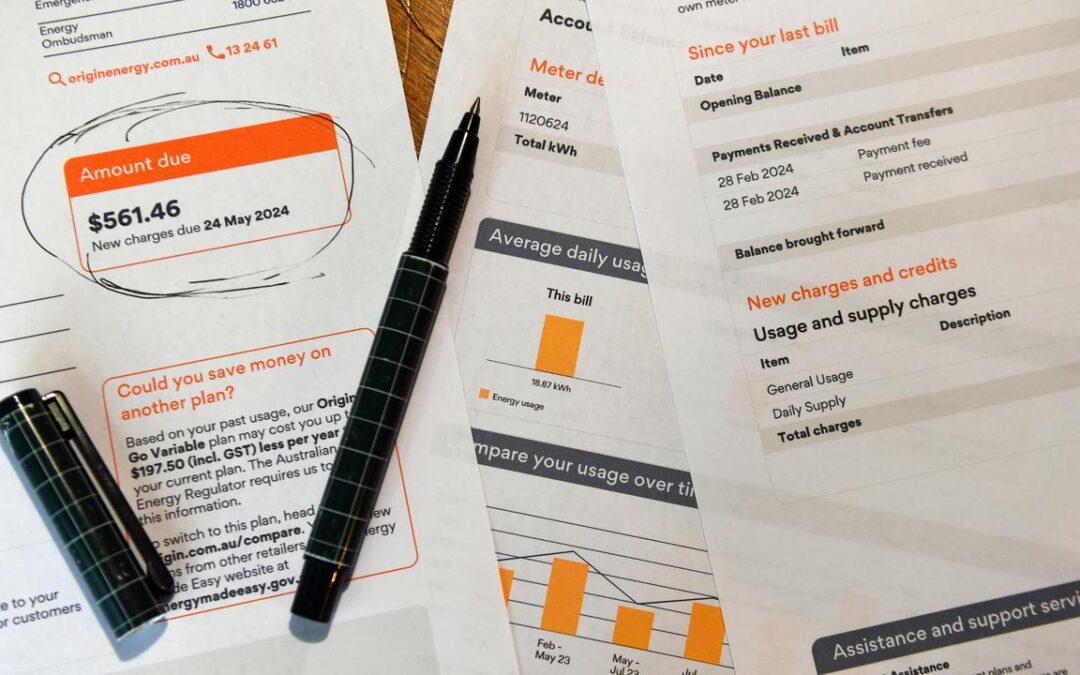
Inflation spike on the cards despite energy rebates
Inflation could spike to the highest level in 16 months when the Australian Bureau of Statistics debuts its highly anticipated “complete” monthly consumer price index.
While the consensus of forecasters is for the annual headline inflation rate to hold steady at 3.5 per cent, some economists and Treasurer Jim Chalmers are bracing for a rise when the data is released on Wednesday.
Economists at Westpac have forecast the index to rise 0.1 per cent for the month of October. But because of a 0.3 per cent drop in October 2024 falling out of the series, that would result in the annual figure shooting up to 3.9 per cent – the highest level since June 2024.
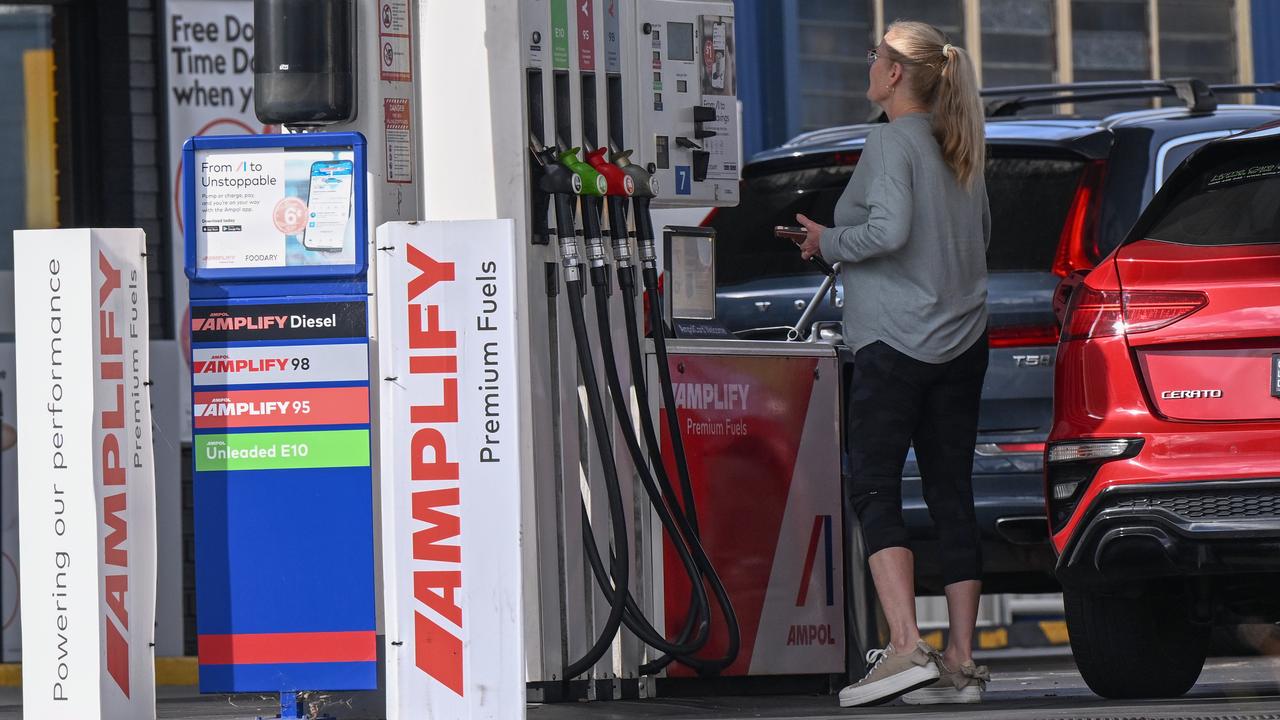
Compared to the same time a year prior, they predicted a smaller fall in electricity, a stronger gain in dwellings, a smaller decline in rents and a jump in holiday travel and accommodation.
Commonwealth Bank senior economist Trent Saunders predicted a gentler increase to 3.6 per cent.
“Softer electricity and fuel prices are the main drivers of the decline in the month. Market services inflation is also expected to slow a little, while rents and new dwelling price inflation are likely to remain firm,” he said.
That will be of particular interest to the Reserve Bank of Australia.
After leaving the cash rate on hold at 3.6 per cent on Melbourne Cup day, RBA governor Michele Bullock said the bank thought a spike in inflation in the September quarter was largely down to temporary factors.
But she noted there was some “signal” in the data from housing and services inflation that could indicate inflation was more entrenched.
Mr Saunders expected housing inflation to fall by 0.4 per cent over the quarter, driven by an increase in electricity subsidy payments in NSW, ACT and WA in the month.
“Market services inflation is somewhat difficult to gauge this month, given the limited experience with monthly data for these categories,” he said.
“Nonetheless, these prices will be watched closely following their strong lift in the September quarter.”
Clearly, the treasurer has not been listening to Mr Saunders. He pointed to electricity as one area that could drive up inflation.
“Economists expect that the unwinding of some state energy rebates will push the headline number up a bit tomorrow and that is why they have encouraged us to focus largely on the underlying number,” Dr Chalmers said during question time in parliament house on Tuesday.
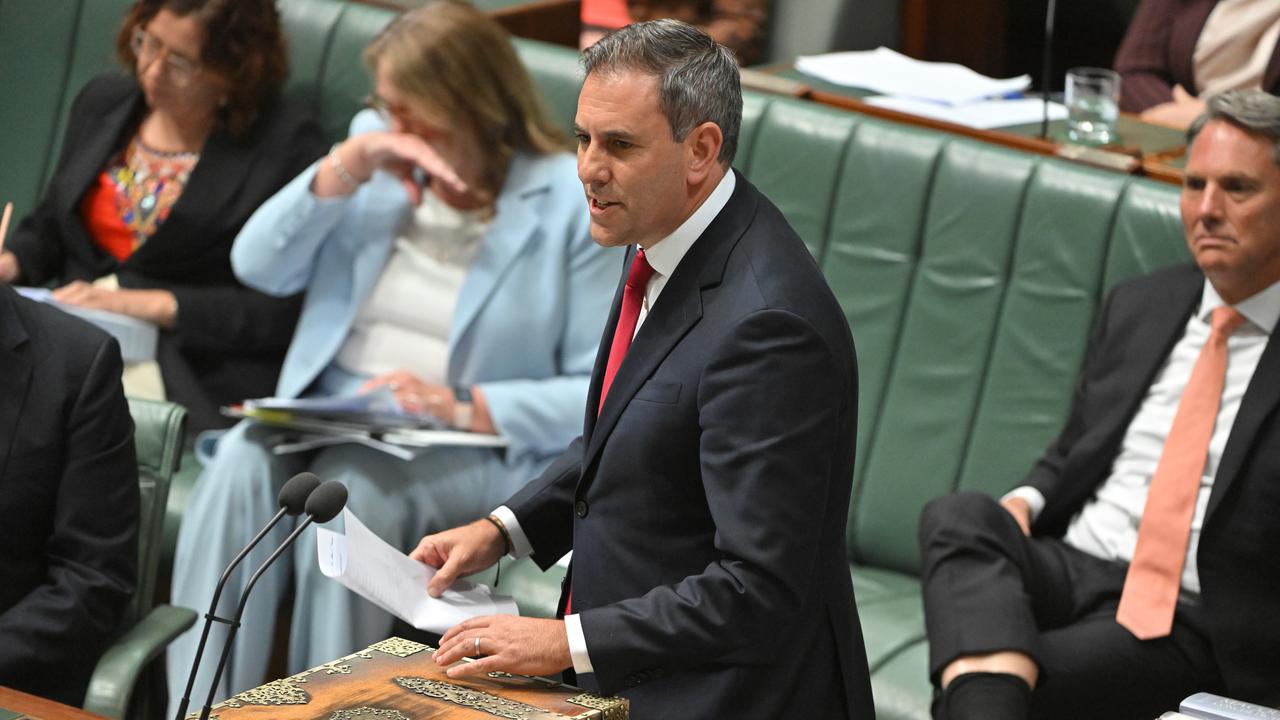
Other economists have predicted inflation to fall.
ANZ’s Adelaide Timbrell expects a headline figure of 3.3 per cent, but noted the bank’s forecasts were less precise as it will be the first time the ABS publishes a full monthly CPI release, so forecasters are unable to compare some of the items with previous months.
Regardless, the RBA board was unlikely to put much weight on the result at its next interest rate meeting, given they will still place more emphasis on the quarterly inflation release until seasonal gremlins were ironed out of the new publication, Ms Timbrell said.
ABS chief statistician David Gruen said the release was a “major milestone for Australia”.
“The complete monthly CPI will enable earlier detection of shifts in inflation and provide better information for policy decisions that affect all Australians,” he said.
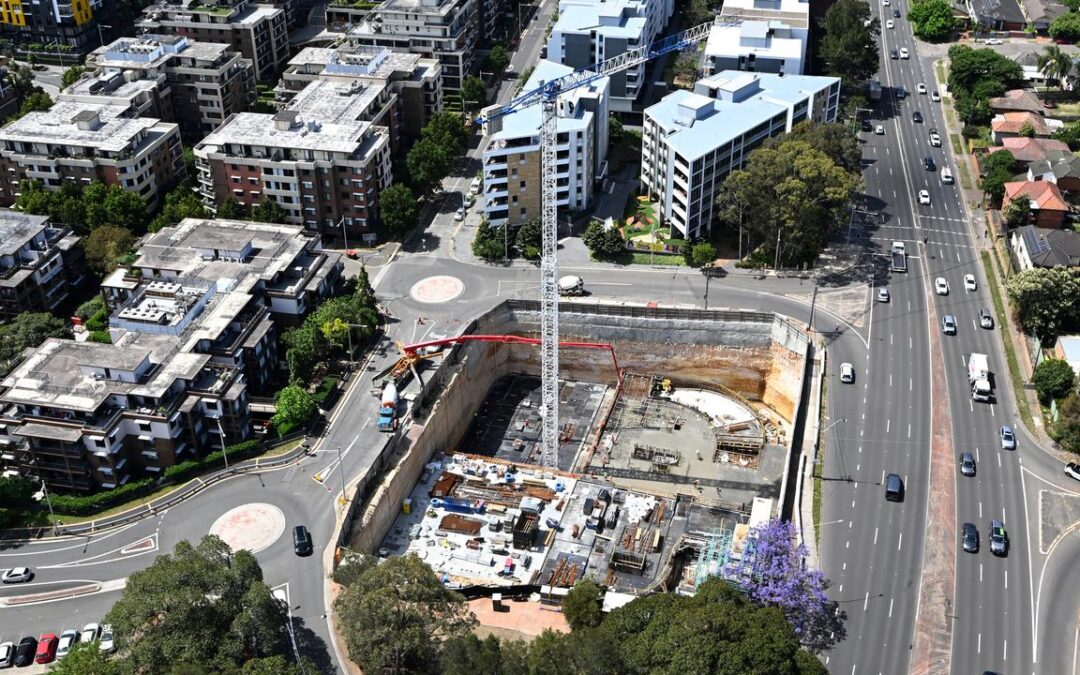
The ‘obvious and easy way’ to help boost housing supply
With this one simple trick, Australia’s housing supply shortfall could quickly be reduced by an estimated 82,000 homes.
That’s the amount of dwellings that developers are ready to start building in urban growth areas but can’t because of a lack of sewers, roads and other enabling infrastructure, according to a report released by a group of outer suburban councils on Wednesday.
The 29 councils – mostly from outer Sydney, Melbourne and Perth – that form the National Growth Areas Alliance make up just five per cent of all local government areas in Australia.
But they are on track to deliver more than a quarter of the national target of 1.2 million new homes by 2029.
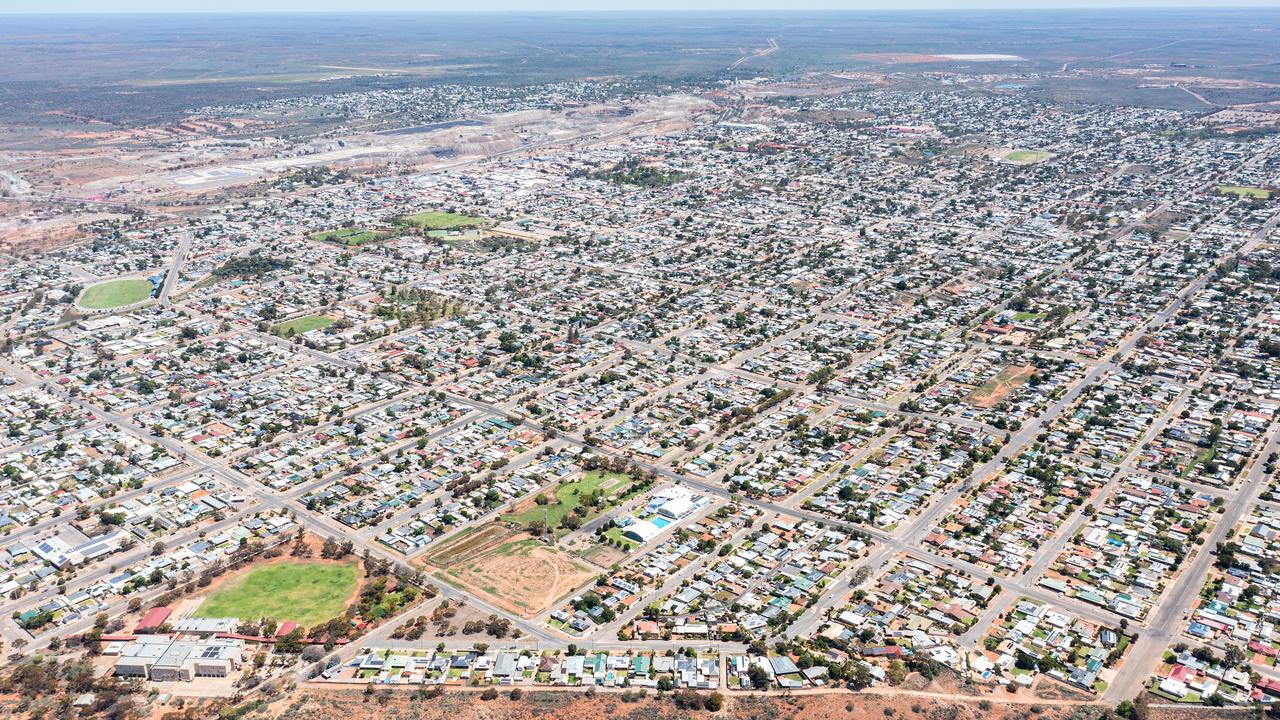
Alliance chief executive Bronwen Clark called on state and federal governments to boost infrastructure funding for greenfield developments rather than focusing solely on densifying inner-city areas.
“The land is ready, council approvals are complete, and the developers are waiting, but without basics like roads and sewers, the houses go unbuilt,” she said.
The sector has also flagged significant blockages for new projects.
A 2024 Urban Development Institute of Australia report showed one-third of dwellings in the housing pipeline required at least one form of enabling infrastructure to break ground.
Housing expert Peter Tulip, chief economist at think tank the Centre for Independent Studies, said it’s an issue he often hears in talks with developers and local councillors.
“It’s an obvious and easy way for the federal government to do something to boost supply,” he told AAP.
“With the housing crisis, most of the levers are in the hands of the state governments, but infrastructure spending is one place that Canberra can help. And the pay-off seems to be enormous.”
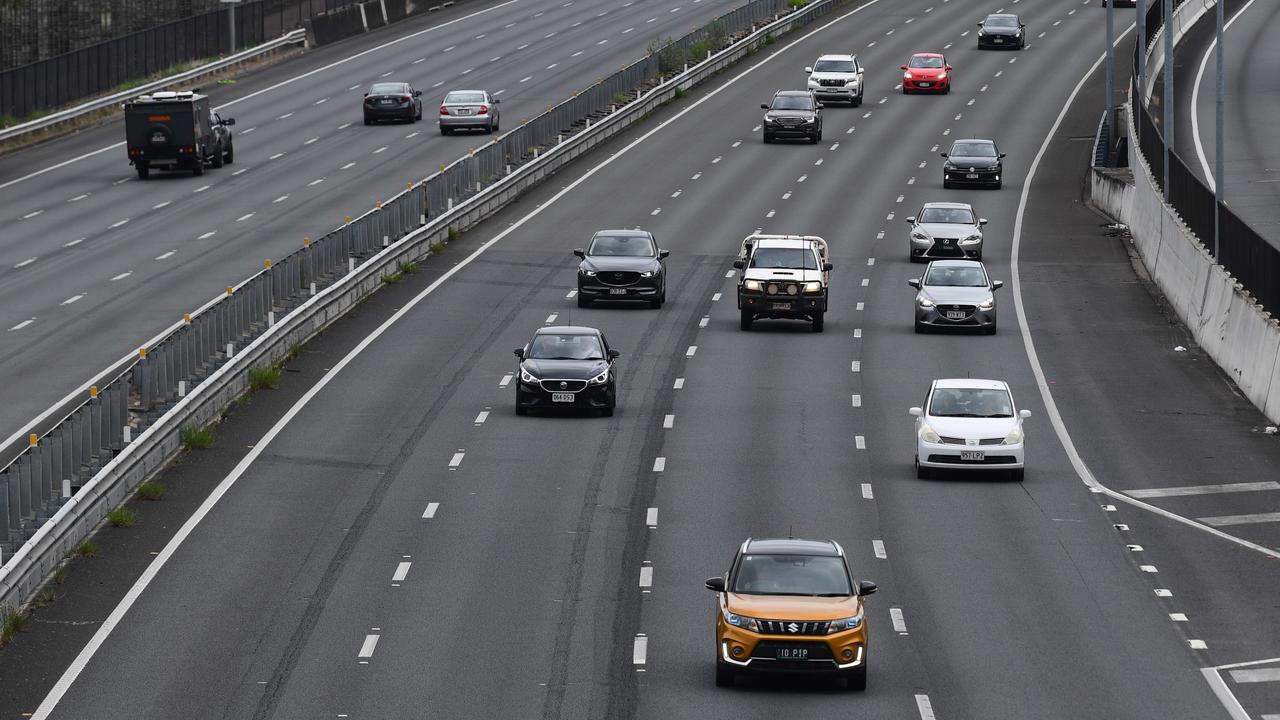
Compared with federal social and affordable housing incentives, which yield about one new dwelling per $300,000 to $500,000 of taxpayer money spent, funding local roads or sewerage works tends to deliver a new home per $10,000 to $20,000 spent, Dr Tulip said.
“The private sector is busting to provide more housing but in many cases, particularly when you’re talking about greenfields development in the outer suburbs, what’s stopping them is a relatively modest spending on enabling infrastructure.”
Dr Tulip said the coalition’s promise, under former Liberal leader Peter Dutton, to put $5 billion towards enabling infrastructure was one of the most cost-effective policy proposals during the last federal election campaign.
Terresa Lynes, mayor of the City of Gosnells in Perth’s southwest suburbs and chair of the alliance, said the lives of residents in rapidly growing communities were already being impacted by underfunding of infrastructure.
“We’re seeing entire estates without connected sewerage and insufficient water,” she said.
“It’s concerning that in 2025 this is what governments are expecting people to accept as their lot.”
Amid a shortage of supply, housing affordability has sunk to record lows, with Australia’s median dwelling price surging to $872,500 or 8.2 times the median income, according to property analytics firm Cotality.
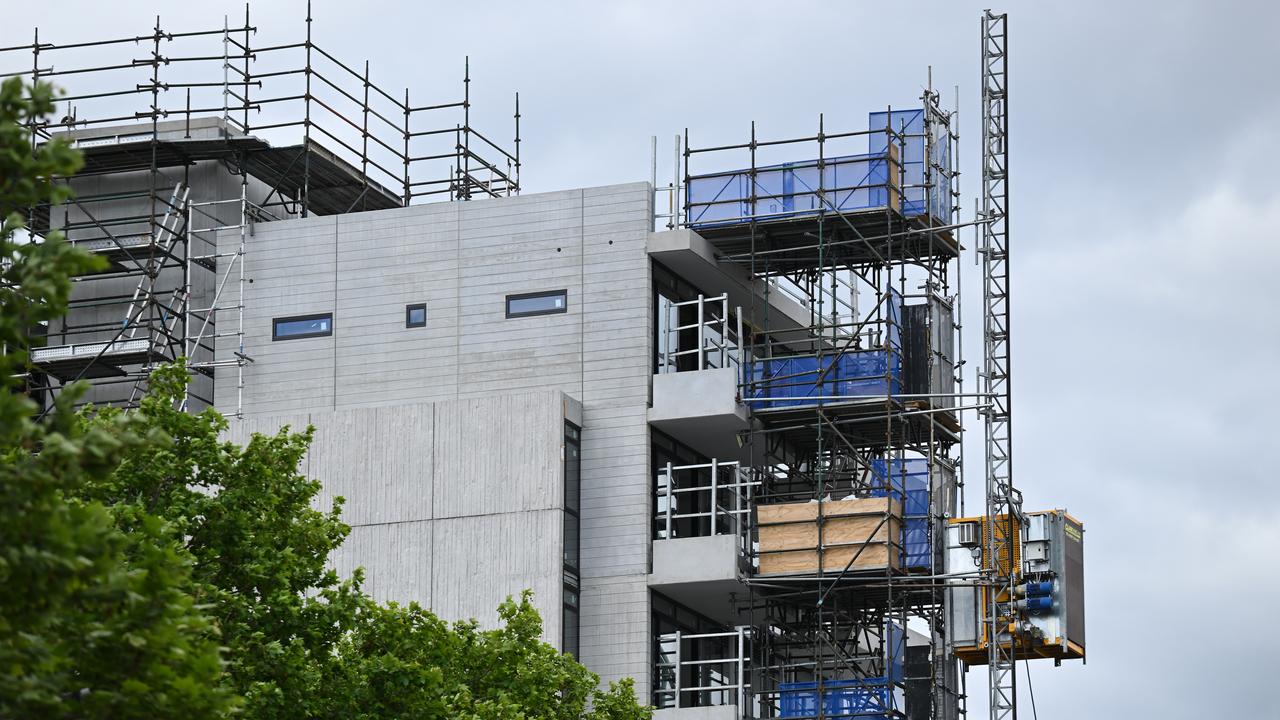
AMP chief economist Shane Oliver estimates Australia’s housing supply shortfall has grown to 200,000 to 300,000 homes as a result of surging immigration and lagging building approvals.
He recommended four key things to fix affordability including cutting immigration from more than 300,000 to about 200,000 per year.
Australia should also relax zoning rules, cut red tape and encourage faster modular construction to build more homes; decentralise to the regions; and pursue tax reform, notably replacing stamp duty with land tax and reducing the capital gains tax discount, he said.
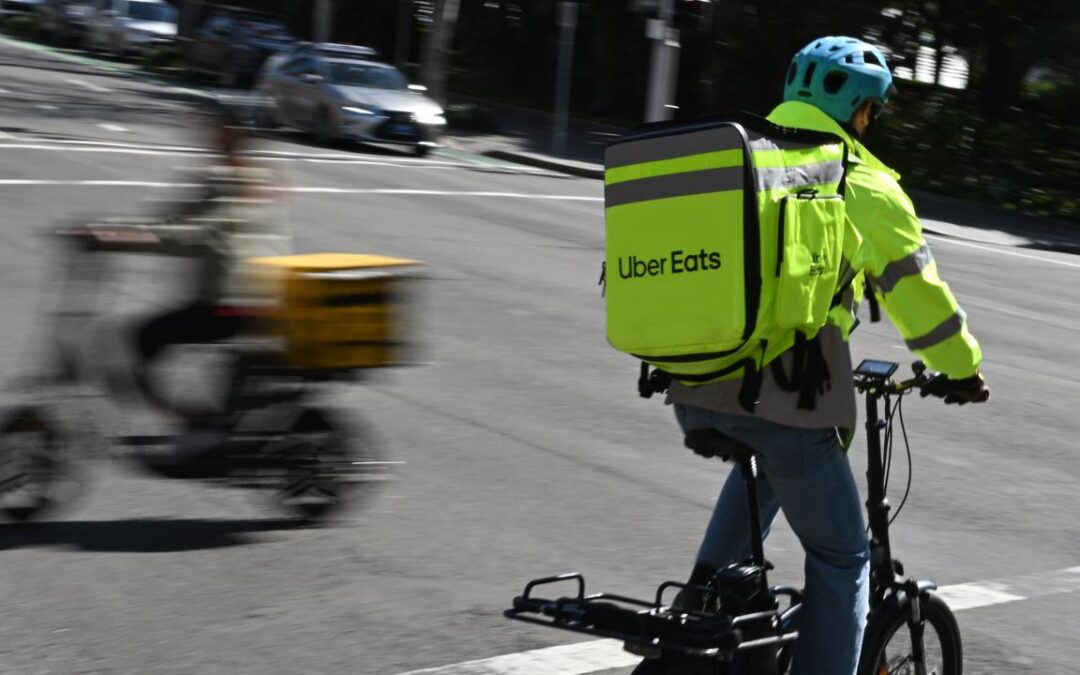
‘World-first’ deal to give delivery drivers better pay
Delivery worker Utsav Bhattarai has spent the past five years working under “really intense” conditions.
“You’re sick? You’ve got to go to work,” he said.
“There’s a hailstorm? You’ve got to go to work.
“Just one more order, one more hour.”
The striking of a landmark wage deal between Uber Eats, DoorDash and the Transport Workers Union is an emotional moment.
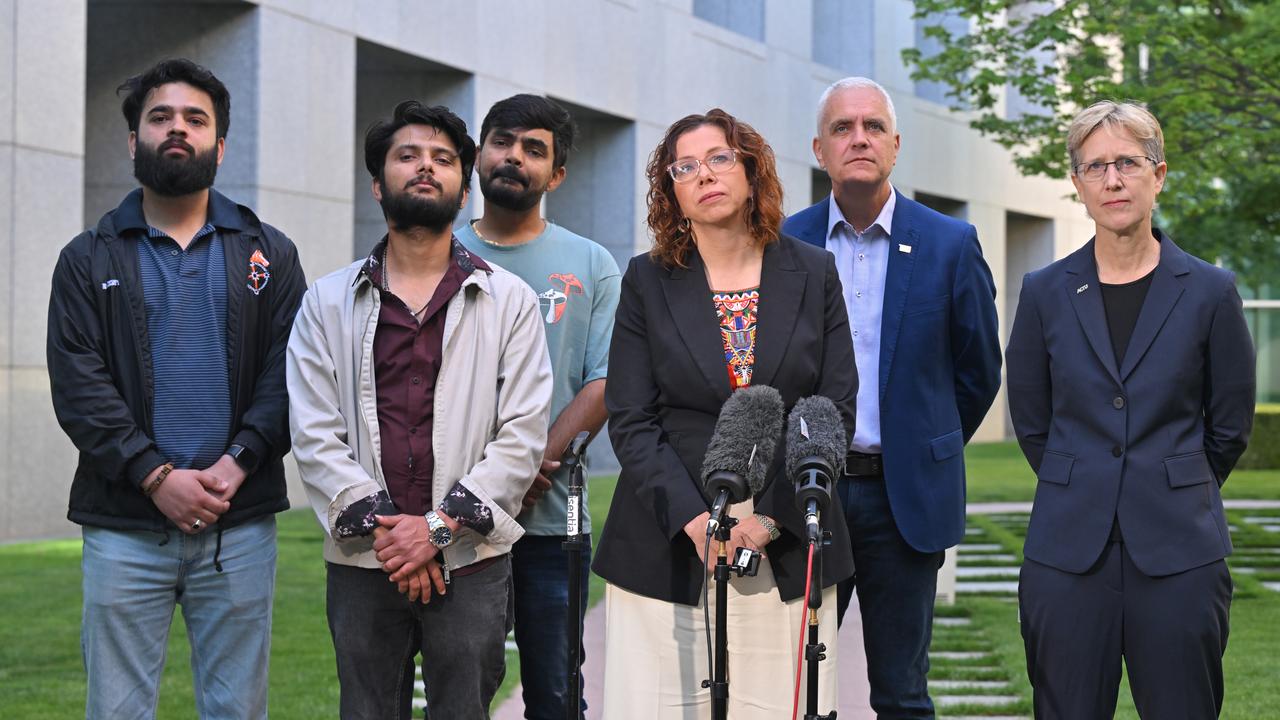
Mr Bhattarai is confident steadier incomes will vastly improve the lives of delivery staff.
Under the draft agreement, which must still be approved by the Fair Work Commission, delivery drivers will be paid a minimum $32 an hour from July 2026, while riders will get at least $31.30.
“This win is for every worker who can now take sick leave, who can now work 40, 50 hours and stay home, spend some time with their families,” Mr Bhattarai said.
“We’re not talking about a decent pay, we’re talking about minimum wage.”
Drivers and riders will also get access to accident insurance and more transparency around pay and dispute resolution processes.
Unions have long argued gig economy workers have been exploited by rideshare apps, with limited entitlements enjoyed by the rest of the workforce, such as leave, injury insurance and union representation.
Delivery drivers face variable income streams and up until now had no safeguards ensuring they are paid above minimum wage.
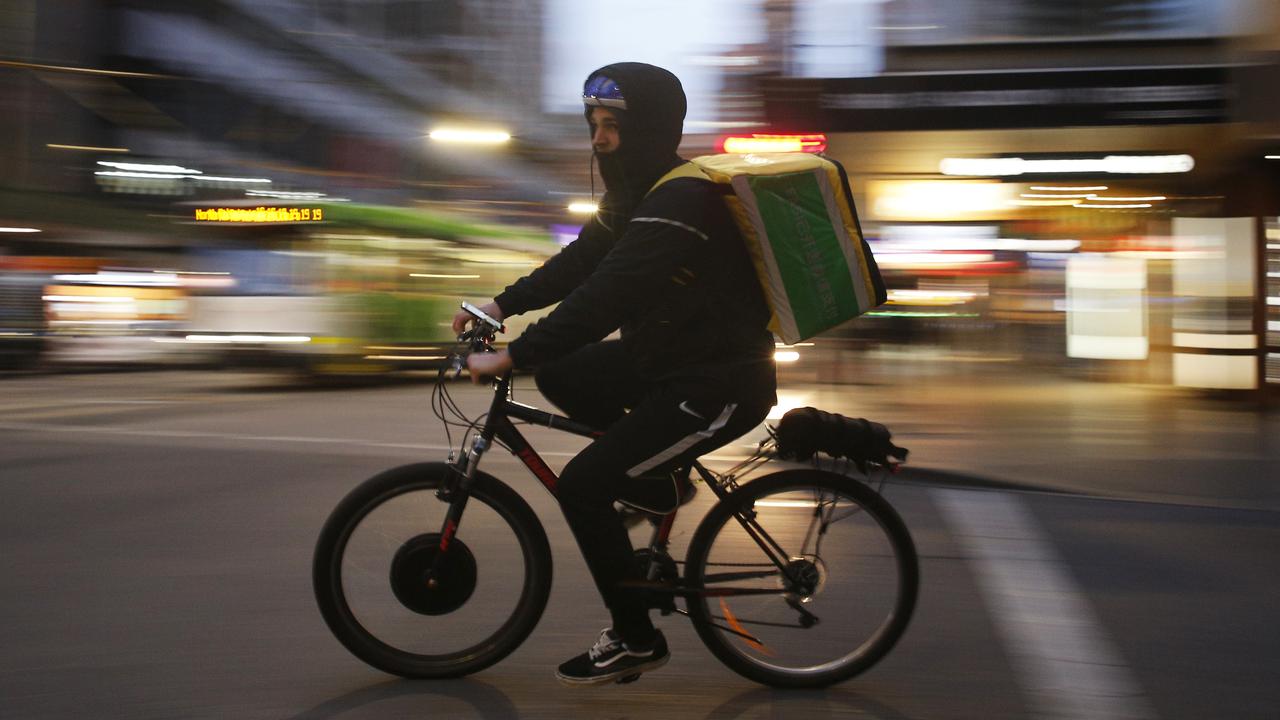
The union’s national secretary Michael Kaine said the deal was a world-first.
“It is such a reward for these workers who have fought since 2017 to change their lives,” he told reporters in Canberra on Tuesday.
“Gig workers are the silent heroes of our economy. They’ve literally put their bodies on the line.”
Delivery companies have indicated the changes will have little increase on their prices, arguing most workers already receive those rates of pay and the changes are designed to stop the small number who don’t from falling through the cracks.
“Uber Eats has long supported sensible and modern reforms that strengthen protections and benefits for delivery people, while maintaining the flexibility that is central to gig work,” Uber Eats Australia and New Zealand managing director Ed Kitchen said.
“We believe fair standards and flexibility should not be mutually exclusive.
“They are both essential to ensuring gig work continues to meet the expectations of Australians and reflects the important role delivery people play in their communities.”
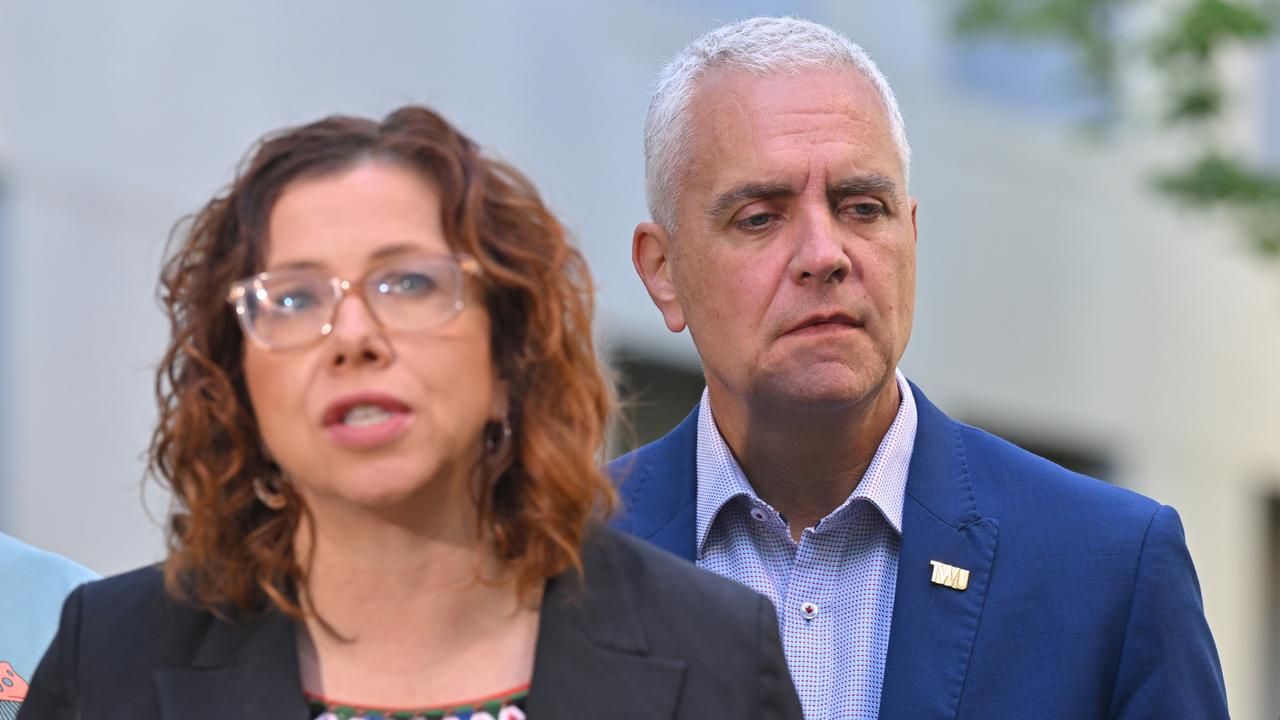
Workplace Relations Minister Amanda Rishworth welcomed the deal, negotiated under Labor’s gig economy reforms.
“This is what it looks like when there are co-operative workplaces where workers and companies and their unions sit down to discuss what is really important,” she told reporters in Canberra.